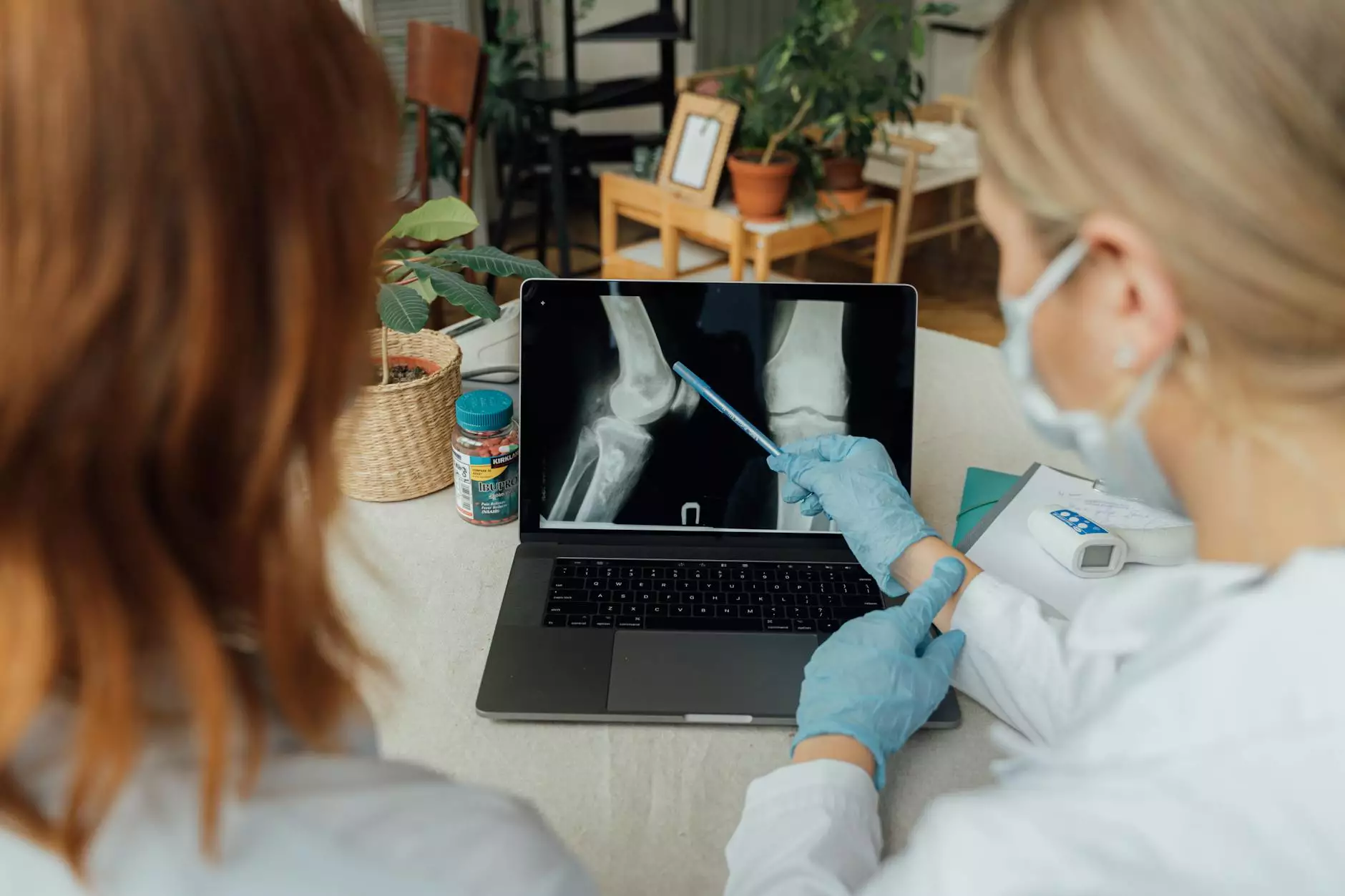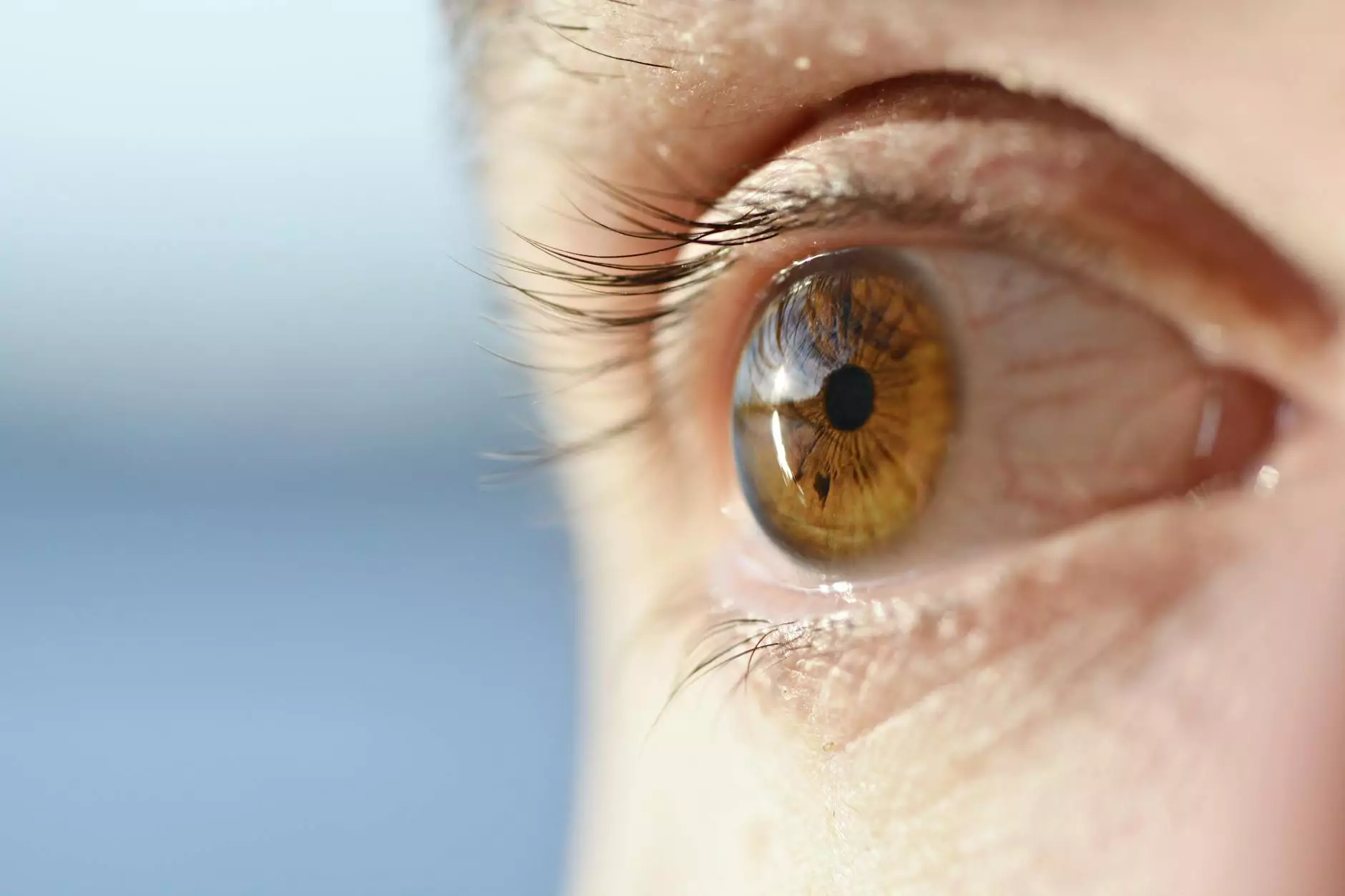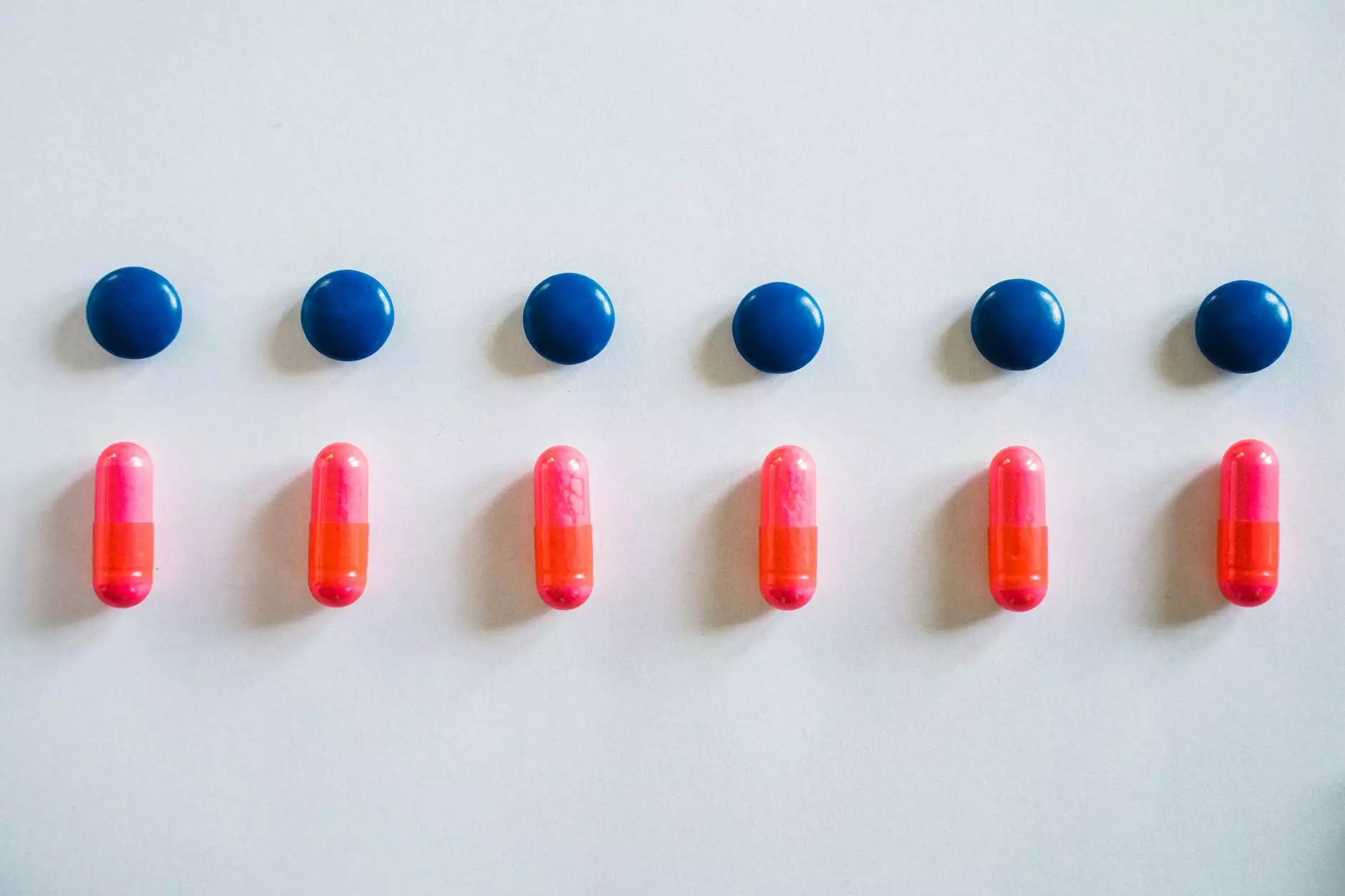Lung Cancer CT Scan: Your Comprehensive Guide to Understanding and Navigating Care

Understanding Lung Cancer and Its Implications
Lung cancer is one of the leading causes of cancer-related deaths worldwide. It often develops without noticeable symptoms until it reaches an advanced stage. Early detection significantly increases survival rates. A lung cancer CT scan is a pivotal tool that aids in this early detection, allowing for timely intervention and treatment strategies.
What is a Lung Cancer CT Scan?
A CT scan (computed tomography scan) is a sophisticated imaging technique that combines X-ray images taken from different angles and uses computer processing to create cross-sectional images of bones, organs, and other tissues inside the body. Specifically for lung cancer, these scans can reveal the structure of the lungs and identify tumors or other abnormalities.
Why is a Lung Cancer CT Scan Important?
There are several reasons why a lung cancer CT scan is vital:
- Early Detection: It can detect lung cancer at an earlier stage when treatment is most effective.
- Detailed Imaging: Provides a more detailed look at the lungs compared to traditional X-rays.
- Monitoring Treatment: Helps in assessing the effectiveness of ongoing treatment or detecting any recurrence.
- Guiding Biopsies: Assists doctors in planning biopsies by pinpointing exact locations of suspected tumors.
How Does a Lung Cancer CT Scan Work?
During a lung cancer CT scan, the patient lies on a table that slides into the CT machine. The machine itself is shaped like a large tube, and it rotates around the patient to capture multiple images. The actual scan usually lasts only a few minutes, but the entire appointment may take longer due to prep time.
Here’s a step-by-step guide on what to expect:
- Preparation: Follow any dietary restrictions provided by your healthcare provider.
- Positioning: You will lie on your back or side, depending on the area being scanned.
- Breath Control: You may be asked to hold your breath briefly during the imaging sequence.
- Image Acquisition: The machine will take multiple images as it rotates around you.
- Post-Scan: You can resume normal activities immediately unless instructed otherwise.
Preparing for Your Lung Cancer CT Scan
Preparation for a lung cancer CT scan may include:
- Discussion with Your Doctor: Understanding the reasons for the scan and what it will entail.
- Medical History: Providing a complete medical history to the scanning technician.
- Avoiding Certain Medications: You may need to refrain from blood thinners or other medications prior to the scan.
- Comfortable Clothing: Wear loose-fitting clothing and avoid accessories that might interfere with imaging.
The Benefits of Lung Cancer CT Scans
The benefits of undergoing a lung cancer CT scan include:
- High Sensitivity: CT scans have a higher sensitivity for lung nodules than standard chest X-rays.
- Non-Invasive: The scanning process is non-invasive and typically painless.
- Quick Results: Results can usually be interpreted quickly, allowing for prompt follow-up care.
- Peace of Mind: Knowing you’ve had a thorough examination can reduce anxiety regarding your lung health.
Risks and Considerations
While a lung cancer CT scan is generally safe, there are a few considerations to keep in mind:
- Radiation Exposure: CT scans involve exposure to radiation; however, the benefits usually outweigh the risks.
- False Positives: Sometimes, benign conditions may appear as potential cancers, leading to unnecessary stress or procedures.
- Contrast Reactions: If contrast dye is used, some patients might experience allergic reactions, although serious effects are rare.
After the Scan: What to Expect
After your lung cancer CT scan, the following will typically happen:
- Wait for Results: Your doctor will review the images and provide you with results in a timely manner.
- Follow-Up Appointments: You may need additional tests or consultations based on the findings.
- Discussing Next Steps: If abnormalities are detected, your doctor will discuss potential follow-up treatments or procedures.
Conclusion
In summary, a lung cancer CT scan plays a crucial role in the early detection and management of lung cancer. Understanding the procedure, preparing adequately, and knowing what to expect can significantly enhance your overall experience. At Hello Physio, we emphasize the importance of comprehensive health assessments and the role they play in sports medicine and physical therapy. Your health journey is paramount, and taking proactive steps can make a world of difference.
For further information or for scheduling an appointment, please reach out to our team of dedicated professionals who are committed to your well-being.









